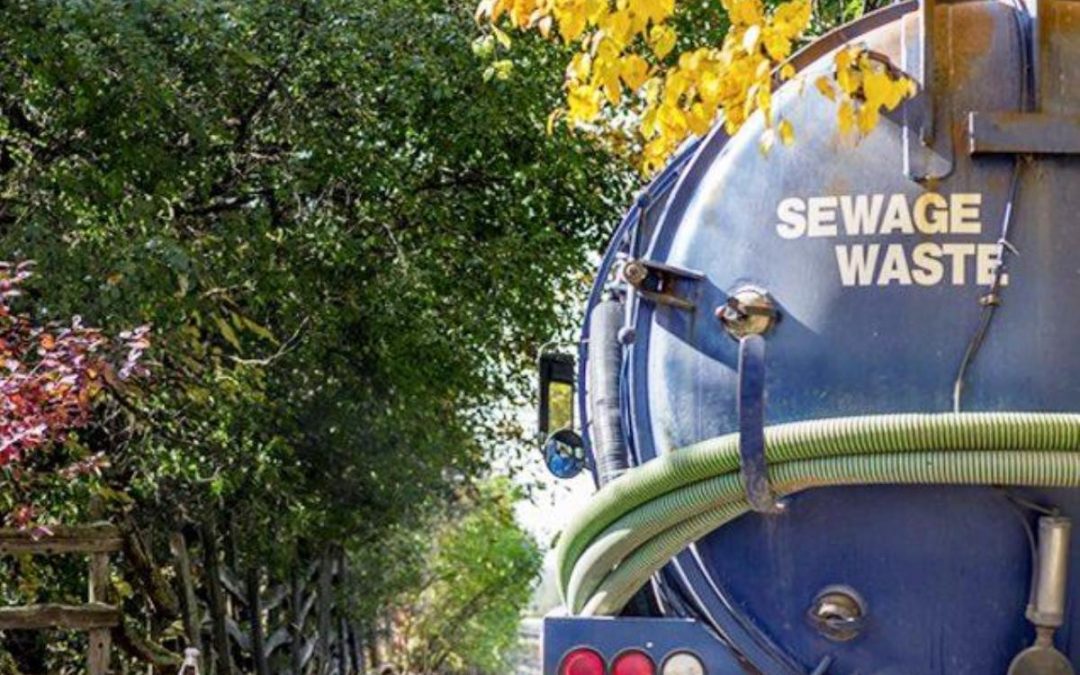Reclaim Waste Fundamentals Explained
The Single Strategy To Use For Reclaim Waste
Table of ContentsWhat Does Reclaim Waste Mean?Our Reclaim Waste DiariesReclaim Waste - QuestionsMore About Reclaim WasteThe Ultimate Guide To Reclaim Waste
Check out the types, events, and types of liquid waste. Residential sewage waste describes the waste and products from a residential sewage-disposal tank. This sort of waste is produced by human beings in residences, schools, and other structures. This only includes septic containers that have a drain field. The appropriate administration and disposal of residential sewage waste call for liquid waste to be moved to a sewer treatment plant where the proper techniques and equipment are put on purify and dispose of waste.
Industrial waste commonly consists of possible hazards, such as flammable products or a blend of liquid and solid waste items, and needs an advanced and in-depth disposal process. The disposal of industrial waste normally involves the filtering of waste before transportation to make certain safe and appropriate disposal. Hazardous waste is created from by-products and overflow of commercial procedures and production.
This sort of waste can not make use of the very same sewage administration transportation or procedures as septic or commercial liquids. The hazardous waste monitoring process requires the inspection and screening of liquid waste prior to it undergoes the disposal procedure (liquid waste disposal). Drainage waste is the fluid waste that originates from runoff and excess stormwater in extremely booming areas or cities
Runoff waste can cause contamination and flooding if not taken care of effectively. Find out more about drain cleaning and waste administration. Making sure appropriate waste administration can protect against catastrophes and reduce environmental harm. Both people in property settings and professionals in business or production sectors can gain from recognizing the procedures and laws of fluid waste administration.
Our Reclaim Waste PDFs
Call PROS Services today to discover our waste management and disposal solutions and the appropriate methods to take care of the fluid waste you produce.
(http://tupalo.com/en/users/7813759)Do you know what takes place to your water when you end, purge the commode or drain the washing maker? No? Well, it's worth knowing. This supposed 'wastewater' is not only a vital resource however, after treatment, will be launched to our land, rivers or the sea. Utilized water from commodes, showers, bathrooms, kitchen sinks, laundries and commercial procedures is recognized as wastewater.

water made use of to cool equipment or tidy plant and devices). Stormwater, a type of wastewater, is drainage that streams from agricultural and metropolitan locations such as roofs, parks, gardens, roads, courses and rain gutters right into stormwater drains pipes, after rain. Stormwater flows untreated straight to local creeks or rivers, ultimately getting to the sea.
4 Simple Techniques For Reclaim Waste
In Queensland, many wastewater is dealt with at sewage therapy plants. Wastewater is carried from domestic or commercial websites with a system of sewage systems and pump terminals, called sewerage reticulation, to a sewer treatment plant. Neighborhood federal governments build, preserve and operate most sewage treatment plants. Operators are licensed under the Environmental Security Act 1994 to release cured wastewater at an appropriate environmental requirement into waterways.
The Division of Natural Resources encourages regional federal governments regarding managing, operating and maintaining sewage systems and treatment plants. In unsewered locations, regional governments might need householders to mount individual or household sewer treatment systems to deal with domestic wastewater from toilets, cooking areas, shower rooms and washings. The Division of Natural Resources authorises making use of household systems when they are confirmed to be efficient.
A lot of stormwater receives no therapy. In some brand-new subdivisions, treatment of some stormwater to remove litter, sand and crushed rock has actually started using gross toxin traps. Wastewater treatment happens in 4 stages: Gets rid of solid issue. Bigger solids, such as plastics and various other objects mistakenly released to sewers, are removed when wastewater is travelled through screens.
Wastewater after that flows right into large storage tanks where solids resolve and are eliminated as sludge. Oil and scum are skimmed from the surface. Makes use of small living microorganisms called micro-organisms to break down and get rid of remaining liquified wastes and great particles. Micro-organisms and wastes are integrated in the sludge. Gets rid of nitrogen and phosphorus nutrients that can cause algal blossoms in our rivers and threaten water life.
How Reclaim Waste can Save You Time, Stress, and Money.
Nutrient removal is not available at all sewer treatment plants because it calls for pricey specialist equipment. Clear fluid effluent created after treatment might still include disease-causing micro-organisms - liquid waste disposal melbourne.

Most wastewater moves right into the sewage system. Under the Act, regional federal governments carry out authorizations and licences for ecologically appropriate activities (Ages) involving wastewater releases that may have a local effect.
Reclaim Waste Can Be Fun For Anyone
Tracking offers accurate information about water top quality and can validate that permit problems are being satisfied. The information acquired with tracking gives the basis for making water quality decisions.